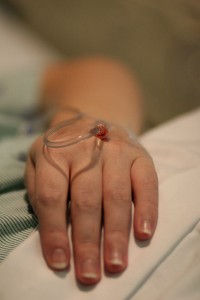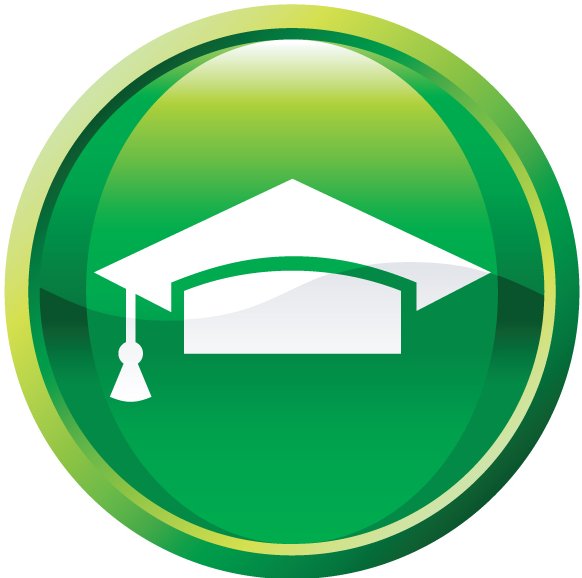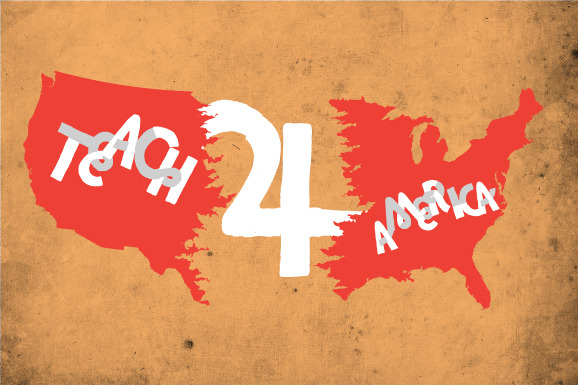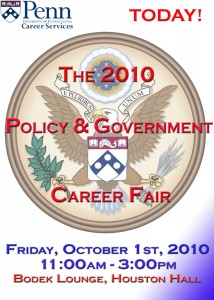Health professions schools expect applicants to have had some exposure to clinical situations before applying. I often advise applicants not to expect interviews or offers of admission without it. Why!? Because it isn’t hard enough to meet the official requirements? And what is clinical exposure? What are schools looking for and how much is enough?

For starters, this pre-health advisor sympathizes with the puzzlement over the term “clinical exposure.” I don’t care for it much and it always makes me think of those paper dressing gowns at the doctor’s office. If you come to Career Services for an advising appointment (and we hope you do), you are likely to hear someone use an elegant description like, “getting around sick people and doctors.” Working in a lab is not clinical exposure. Even if the lab is at the hospital. Even if someone in your lab is sick. Clinical research might be clinical exposure. If you are reviewing patient charts (which is a fine research opportunity, by the way), then no. Administering tests to subjects or recruiting subjects in the ER, then yes. Examples of ways to obtain clinical exposure include volunteering or working as a: hospital volunteer in a patient area, EMT, hospice volunteer, clinical researcher interacting with patients/subjects, or volunteer in a rehabilitation or mental health care facility. Shadowing a physician, yes; however, while shadowing is great, few applicants gain many hours shadowing and taking a more active role as an employee or volunteer is recommended in addition to shadowing. Volunteering in high school? Super, but you will want more recent experiences to put on your application. Eating a cheeseburger at the hospital cafeteria…no. Measuring your roommate’s gum recession…no. Dating a third-year med student…nice, but no.
So, why do schools expect this? What is the best thing to do and how much clinical exposure should you have? Health professions schools invest a great deal in their students’ training and they want people who are committed and have a very good idea of what lies ahead. They want applicants who are thinking beyond “getting in” and have considered their motivations, abilities, and general “fit” for the field. By spending time around patients, you demonstrate your curiosity about the field and, hopefully, gain a sense of the real rewards and challenges of working in health care. Most likely, either you will confirm your interest in the field and gain insight into the aspects you like the most or you may find that health care is not for you. Certainly, there are people who, through their clinical volunteering, considered alternatives to a medical or dental degree and are now happily working both in and out of health care.
As for how much, I am not sure you can have too much clinical exposure and it’s a good idea to think about it early — not as you are filling out your application. It takes some time to arrange clinical opportunities. Every applicant is different and some people will have years of clinical exposure and some will have months and they may end up as classmates at the same graduate school. Truly, I think the best clinical exposure is one that reflects your interests and where you made the most of your opportunity to help others and learn about the field. Whether you are asking patients to step on a scale, restocking bandages, or administering a questionnaire to a study participant, you will want to take in everything going on around you and reflect upon what you do and see. Your level of mental and emotional engagement will contribute to your thinking about your career. Also, the more you take in, the more you can share in your application essay or interview in a truly personal and reflective way. So, expose yourself! (In a legal, professional, and medically relevant manner.)









